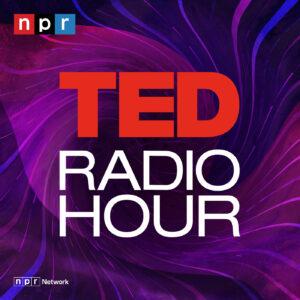
In this episode of “Ted Talks Daily,” host Adam Grant explores the world of AI chatbots, focusing on Chat GPT, a highly intelligent machine trained by OpenAI to understand and respond to human language. Joined by AI entrepreneur Ali Miller and management professor Ethan Mollick, the episode delves into the capabilities and limitations of AI chatbots and their potential impact on various aspects of our lives.
AI chatbots, particularly Chat GPT developed by OpenAI, have the potential to revolutionize the way we learn and interact with information. With the ability to learn from vast amounts of text data, AI chatbots surpass human capabilities in understanding language nuances. Chat GPT is being used for various purposes, from writing and tagline generation to concept explanation and entertainment. It lowers the barrier for executing ideas, reducing the time and skill set required for tasks.
The widespread use of AI chatbots like Chat GPT has led to skepticism and a need to prove their trustworthiness. Students have trained AI models on Twitter feeds to replicate their professors’ voices, with mixed success. While AI-generated content sometimes lacks genuine insights and can fool the original creator, it has also empowered individuals to improve their writing skills and overcome barriers, leading to increased confidence and self-expression.
AI tools like Chat GPT can assist writers in finding more concrete language, improving writing efficiency and effectiveness. Writers can use AI tools to receive feedback on their writing style and request modifications to enhance their work. However, concerns are raised about the low bar for good writing set by AI tools and the potential impact on creativity and originality. AI tools can serve as a writing hack, assisting writers in generating ideas and improving their writing skills.
Ethical guidelines are crucial in the development of AI technology to prevent misuse and abuse. The potential for AI to generate deadly molecules and toxins raises concerns about the need for careful consideration and regulation. The impact of AI on job markets is uncertain, with predictions of job displacement and creation, requiring adaptation and retooling of teaching methods and approaches. The accuracy of AI-generated content and the challenge of building an accuracy filter are significant concerns.
AI writing tools can help individuals overcome writer’s block and improve the quality and quantity of their writing. Teaching methods need to be retooled to effectively incorporate AI writing assistants and promote active learning. AI can serve as a prosthetic for imagination and innovation, assisting individuals in areas such as public speaking and social awkwardness. However, it’s important to remember that AI should not be a substitute for human judgment and creativity.
AI chatbots like Chat GPT have the potential to transform various aspects of our lives, from learning and writing to creativity and education. While they offer numerous benefits, there are also concerns about their trustworthiness, impact on creativity, and ethical implications. As AI continues to advance, it is crucial to strike a balance between leveraging its capabilities and preserving human judgment, creativity, and ethical considerations.